The web is a greatest repository of information. I don’t think all the libraries of the world put together can compete with the web in the sheer diversity and quantity of information. But is all this web information correct and trustworthy?
To answer this question, we will use the WhatDoesTheInternetThink.net. This is a simple web service with quite a grandiose name. Throw in a query and it tells you (ahem!) what the internet thinks; whether people have given thumbs-up, thumbs-down or are indifferent. But is this information to be believed? I don’t think so!
Sponsored Links
Mining web information

I took WhatDoesTheInternetThink.com for a spin and here are the results.
- My first query was “Dalai Lama” which I thought would generate a lot of positive votes. And I was correct! The Dalai Lama got 100% positive result.

- Sticking close to the Indian subcontinent, my next query was “Gandhi” – the father of the Indian nation and the proponent of nonviolence; an idea which was taken up by other great ‘freedom fighters’ like Nelson Mandela and Martin Luther King Jr.
 As evident from the image above, a little more than half of web users dislike the man, which was kind of shocking! I mean, come on, Gandhi started the non-violence movement. How could that generate so much of negativity? The gun lobby isn’t the half of the world’s population, or is it?
As evident from the image above, a little more than half of web users dislike the man, which was kind of shocking! I mean, come on, Gandhi started the non-violence movement. How could that generate so much of negativity? The gun lobby isn’t the half of the world’s population, or is it?
And then it struck me. Using ‘Gandhi’ as the query would also be bringing up results for Sonia Gandhi and others who share that surname. So I now checked for “Mahatma Gandhi“. And sure enough, the positive bar jumped to 99.9%; a tad less than his holiness, the Dalai Lama.

- The next person was Paris Hilton and it doesn’t take the brains of a scientist to deduce what web users thinks of the socialite.

- So far so good. With the next query, things started to get a little interesting… or should I say, murky!
Let’s see what kind of information this web service digs up for “Ted Bundy“. (Bundy, a good looking bloke, had confessed to killing 30 people though some believe there could have been as many as a 100 victims. He was a ‘true’ a serial killer. You can find the gory details on Wikipedia.)
 It seems that Mr. Bundy has quite a positive reputation on the web – more than 70%. And if you select only the Google search engine, that figure jumps to 87%.
It seems that Mr. Bundy has quite a positive reputation on the web – more than 70%. And if you select only the Google search engine, that figure jumps to 87%.
- A similar case is with “Charles Manson” who gets more than 87% positive votes through Google.
Trusting information on the web
So what’s going on here? Is WhatDoesTheInternetThink.net at fault here? Maybe not. The service would probably be doing its job correctly but the data being mined may not be accurate. Thus, we shouldn’t trust the information on the web blindly.
Conclusion: Be very suspicious of the information you find on the internet. In my opinion, the web should be a good place to begin research. Always use trusted sources to build and refined what you find on the web.
I leave you now with a couple of jokes!


 As evident from the image above, a little more than half of web users dislike the man, which was kind of shocking! I mean, come on, Gandhi started the non-violence movement. How could that generate so much of negativity? The gun lobby isn’t the half of the world’s population, or is it?
As evident from the image above, a little more than half of web users dislike the man, which was kind of shocking! I mean, come on, Gandhi started the non-violence movement. How could that generate so much of negativity? The gun lobby isn’t the half of the world’s population, or is it?

 It seems that Mr. Bundy has quite a positive reputation on the web – more than 70%. And if you select only the Google search engine, that figure jumps to 87%.
It seems that Mr. Bundy has quite a positive reputation on the web – more than 70%. And if you select only the Google search engine, that figure jumps to 87%.
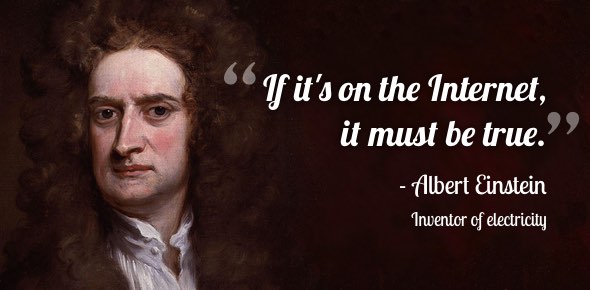
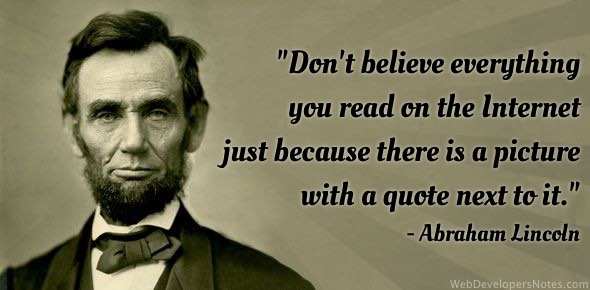
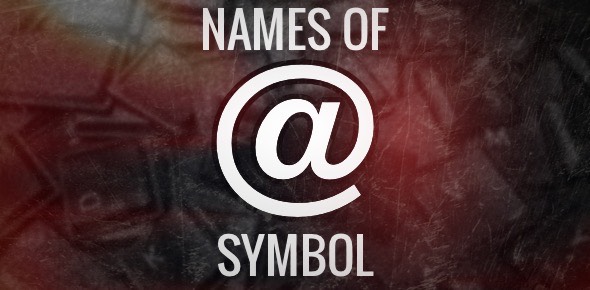
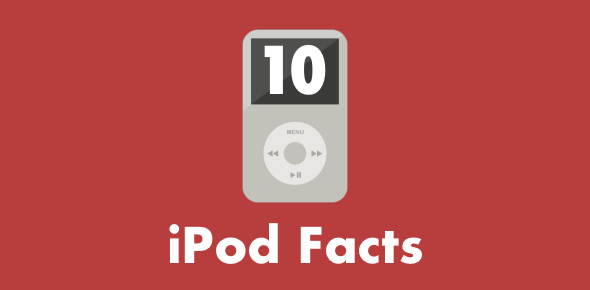
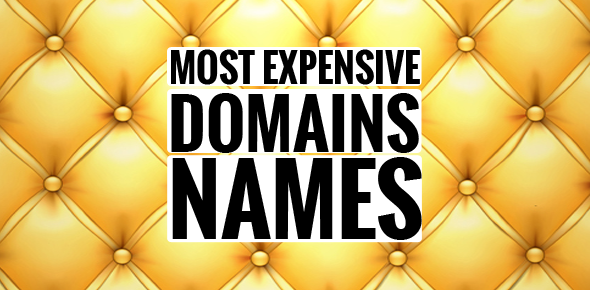



Yes, I agree that web surfers should be careful in acquiring information on the internet. My suggestion: you can have a part 2 of this article. The topic of that part 2 will be “How one can determine a trusted or credible source on the internet?” I based that in your conclusion. Anyway, thanks for this—such an added knowledge.
I agree! Not everything online is to be trusted. Even Wikipedia, a trusted and popular information source, can be horribly incorrect.
I think the problem is also that the search terms used, namely ‘Ghandi’ and ‘Ted Bundy’, are also names of movies so people would have a positive reaction to the movie rather than the person.
@Mathew Neill,
You are very correct. Though I consider myself a movie buff, this notion never struck me.